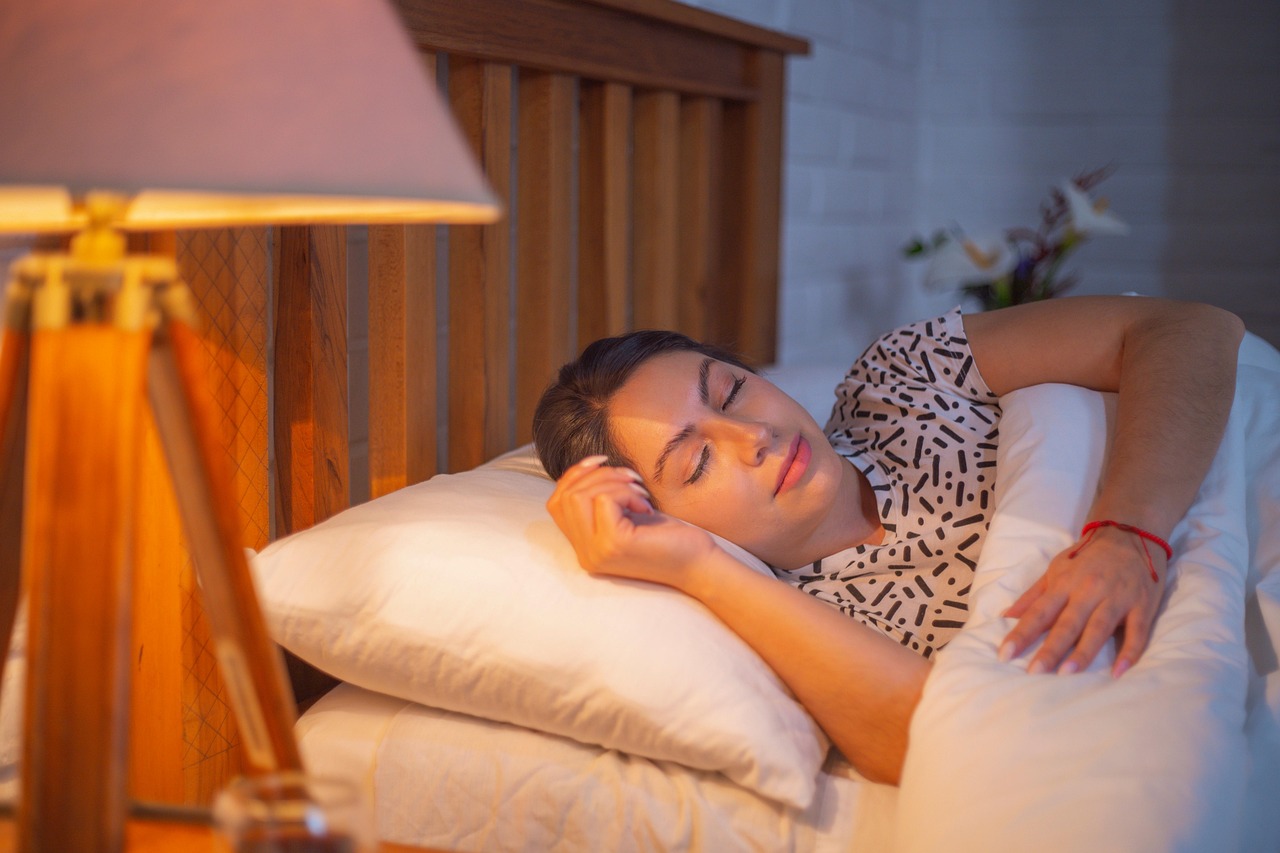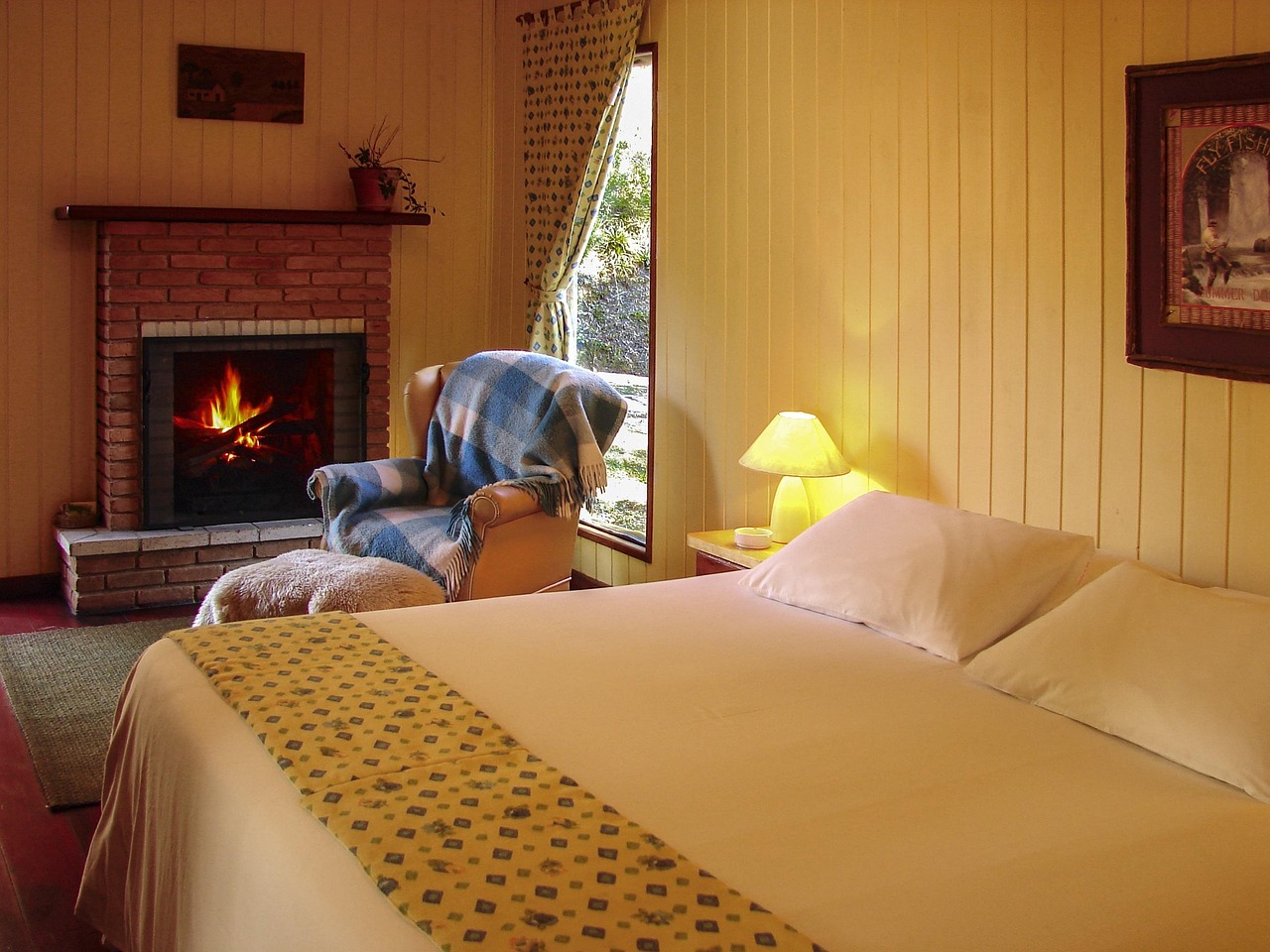In today’s fast-paced world, your night practices do more than prepare you for sleep– they may assist you live longer. Research reveals that what you do before bed affects not only sleep quality however also your risk of illness, cognitive decline, and even total life expectancy.
This short article breaks down science-backed nighttime routines that promote durability, with reputable studies for every single claim. Why Nighttime Routines Matter for Durability Sleep is when your body repair work cells, balances hormonal agents, and clears toxic substances from the brain. Interfered with or irregular sleep disrupts these processes, raising dangers of heart disease, cancer, dementia, and a much shorter life expectancy.
By building consistent, restorative nighttime practices, you enhance your body clock and support long-term health and durability.

What Is Sleep Regularity and Why Does It Matter? A large UK Biobank study of nearly 89,000 individuals found that people with high sleep regularity had a 20– 48% lower threat of all-cause death compared to those with irregular sleep patterns.
In reality, sleep regularity was often a more powerful predictor of longevity than sleep duration itself (PubMed, 2024).
Tip: Fix a regular bedtime and wake-up time, even on weekends, to support your body clock.
I admit that in some cases this sounds simpler said than done, but, if we wish to be healthy and live longer, it appears that it is an important element to consist of in our regimen.
Limit Blue Light Before Bed to Secure Sleep

Blue light from screens hold-ups melatonin release, making it harder to fall asleep. Harvard Health keeps in mind that even brief night direct exposure can shift body clocks and lower sleep quality, with long-lasting links to persistent diseases (Harvard Health, 2024). Tip: Switch off gadgets or use blue light filters at least 1 hour before bed.
Tension Decrease and Mindfulness Assistance Longevity
Practices like meditation, deep breathing, and thankfulness journaling minimize cortisol and lower markers of inflammation. A research study (PubMed, 2021) verified that mindfulness interventions measurably lower inflammation, which is tied to aging and persistent disease.
Beyond reducing stress, systematic evaluations of randomized regulated trials show that mindfulness meditation can influence key biological markers connected to aging. Findings consist of lowered levels of cortisol and C-reactive protein, enhanced immune function, and even increased telomerase activity– modifications that may assist slow cellular aging when practiced regularly.
I think I can say that everybody taking a couple of minutes for mindfulness and a little bit of meditation feels more unwinded. I was not a fan of this– however I found myself needing some breaks and when I meditate a bit, I saw a difference. It looks like it is a good idea to do on a continuous basis.
Tip: Dedicate 5– 10 minutes before bed to mindfulness or journaling.
Why Heavy Meals and Alcohol Harm Sleep
Consuming or drinking too near to bedtime is related to poorer sleep quality. A big U.S. study analyzing over 550 adults discovered that consuming food or drink within an hour of bedtime was related to shorter sleep period and more nighttime awakenings (Iao et al., Nutrients, 2021).
Alcohol, while it might help you go to sleep faster (and we can see this routine promoted in lots of motion pictures), interrupts restorative deep and rapid eye movement. Reviews validate that evening drinking pieces sleep and causes minimized overall sleep quality, which with time may increase threat aspects for cardiovascular disease (Roehrs & Roth, Alcohol Research & Health, 2001; Sleep Structure, 2024).
Pointer: Aim to end up heavy meals and alcohol at least 2– 3 hours before bedtime to protect sleep quality and support long-lasting health.
How Space Temperature Impacts Sleep Quality and Healthspan
Temperature matters more than most people think. A Nature Communications study (2025) revealed that hot nights increase sleep deficiency, specifically in older adults, ladies, and individuals with obesity.
Even a 10 ° C boost in nighttime temperature was connected to much shorter, less corrective sleep.
Here I need to confess that I need to make some changes myself– I admit I like a 20-22 ° C temperature level in the room …
Tip: Keep your bedroom “cool however comfy”– normally 60– 67 ° F (15– 19 ° C).
Dim Evening Lights to Signify Wind-Down

Progressive direct exposure to dim, warm light at night helps protect melatonin production and supports healthier circadian alignment. A systematic evaluation in Sleep Medication Reviews( 2022)revealed that evening exposure to electrical light reduces melatonin beginning and hold-ups sleep, while laboratory studies (e.g., Weng et al., 2022) discovered that bright or large-angle light at night increases alertness and minimizes melatonin compared to dim lighting.
Idea: Change to soft lamps instead of intense overhead lights after sunset.
Extra Habits That Strengthen Your Regular
Get Morning Sunshine: Exposing yourself to morning daytime improves your circadian rhythm alignment and leads to much better sleep during the night.
Nap Wisely: Brief naps (
